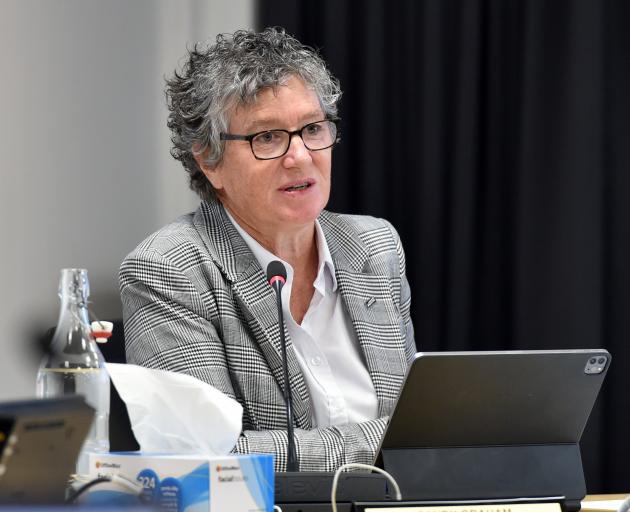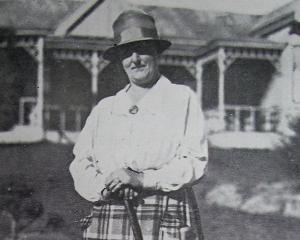

Traditionally those who worked in the public service considered themselves public servants in the sense of actually serving the needs of the public as expressed by those chosen by the people to be in charge.
The current rules around staff working for the government are contained in the Public Service Act 2020. This Act contains five principles about what we should expect: political neutrality, free and frank advice, merit-based appointments, fostering open government and to promote stewardship of the public service.
Most of our local government workforce have no problem providing a great service around the expectations set out in the Act.
However, we have a new breed of public servant which appears to be spreading in policy and planning areas of local government. These are staff who are interested in the policies of a council and want to make a difference.
This interest can easily translate into confirmation bias, where there is a tendency to process the information which should be given to councillors by looking for, or interpreting, information that is consistent with their existing beliefs.
We all tend to believe some things ahead of others.
But when the people advising councils find themselves unable to provide fair, balanced and impartial advice it matters to our democracy.
It can happen because staff are keen to get on a "reduce our carbon footprint" quest and they find themselves ignoring any implications of, say, buying buses which are a metre longer and less manoeuvrable around right-angled corners. Or looking into whether shorter electric buses could be used.
It can happen with water policies. In Taranaki recently the Taranaki Regional Council was advised by their policy manager that they would be able to "bake in" effects of a planning document against the incoming government’s express advice that the rules would change.
There appeared to be no advice about the costs to the council or indeed anyone else of creating plans which do not reflect government requirements.
It can also happen through the standard processes which have the staff totally in charge of what is given in initial discussions with councillors through to the consultation and ratification stage.
The process can start with staff making suggestions to councillors, which may favour a particular view. It can continue through the formation of the planning documents, which are pretty much agreed to by councillors on the assumption that staff advice is robust.
Then consultation happens and some members of the public may actually know as much if not more than the staff.
Staff may dismiss virtually all suggested changes by members of the public. Councils then go along with staff recommendations.
A good chief executive can overcome much of the danger that is inherent in the system.
But they can also contribute to the problem. The Otago Regional Council had in recent times a chief executive who seemingly considered it an affront to staff to question in any serious way the advice of staff.
On the other hand we have examples now, most notably in Dunedin and Waitaki, where the chief executives appear to be able to stay in their lane and do their best to have staff offer sound and impartial advice.
Democracy needs the best advice available being offered to elected members.
If everyone stays in their lane you would expect those who want to make a difference to outcomes to stand for office.
Those who work in the public service would think of their job as being to give the decision-makers the best advice they can to support decisions which reflect the informed choices of those chosen to govern.
Staff would have the humility to understand that their views are not necessarily the last word. And that those who offer suggestions and changes during consultation may be helpful in creating better planning documents.
Chief executives would choose the best staff they can find in line with the Act, and lead their staff to give the best advice they have, while accepting that those in charge are entitled to have their views prevail.
It always matters to a democracy that those chosen to lead are provided with good, fair, robust and impartial advice.
It is particularly important in New Zealand at the moment, because we have a government that is changing the rules at the top, and staff who have been trying to make a difference in another direction at senior levels in local government.
Follow the rules. Stay in your lane.
That would be the best advice you could give local authority staff while they navigate what will be a bit of a rocky ride.
- Hilary Calvert is a former Otago regional councillor, MP and Dunedin city councillor.













